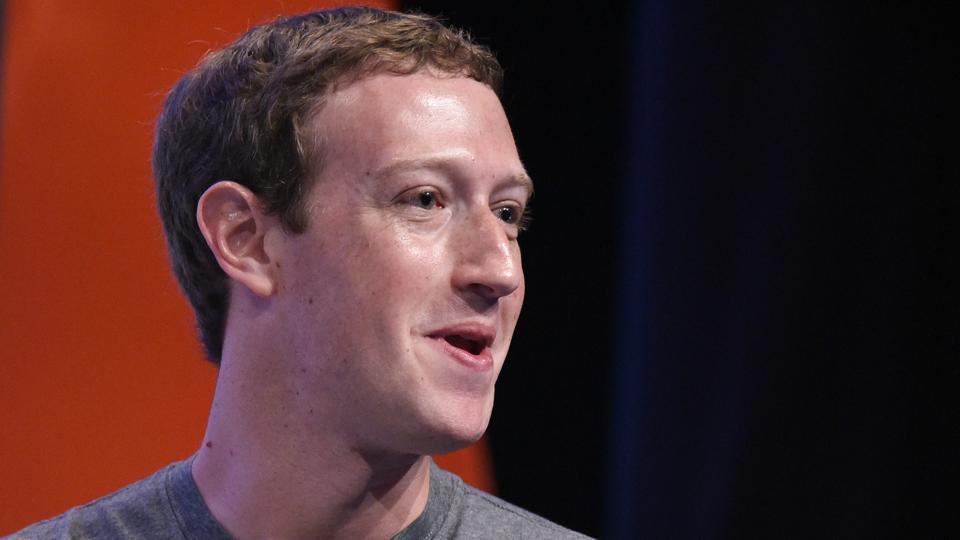Mark Zuckerberg’s plans for Facebook to save the world
Given that the monthly active users on Facebook is greater than the population of China; the amount of power (and data) that Facebook has to influence popular opinion is immense.

As CEOs and tech professionals grapple with the newly elected Trump administration and its now infamous immigration policies; Zuckerberg updated Facebook's 'Founder's Letter' for the first time since the company went public in 2012. This letter, more a company mission statement than an out and out political stand, comes at an important time in the politics of Silicon Valley. Given that Silicon Valley employs a large number of immigrants, and the administration's policies on immigrants is likely to directly affect them, it is not surprising that the spotlight is on the leaders of these companies.
Zuckerberg's rather large missive, however, is not overtly political in that it does not directly address any political issue. Instead, it celebrates the idea of globalisation and Facebook's role in it, proclaiming that, 'the most important thing we at Facebook can do is develop the social infrastructure to give people the power to build a global community that works for all of us'.
Read | Here is what Mark Zuckerberg said about PM Modi in a Facebook post
Slotting Facebook's ambitions into five neat heads, Zuckerberg claims to want to build supportive, safe, informed, civically-engaged, and inclusive communities that will 'build the long term social infrastructure to bring humanity together'. What exactly this 'social infrastructure' is, however, is not clear; even though he uses the term 15 times in the text.
Writing under the head 'Informed Community', Zuckerberg acknowledges the problem of fake news and its dissemination through Facebook, but stops short of providing a solution. 'Our approach will focus less on banning misinformation, and more on surfacing additional perspectives and information, including that fact checkers dispute an item's accuracy,' he writes.
He also touches on the use of Artificial intelligence (AI) in filtering content. He claimed they are researching systems that can look at photos and videos to 'tell the difference between news stories about terrorism and actual terrorist propaganda so we can quickly remove anyone trying to use our services to recruit for a terrorist organization'. Sounds like an excellent use of AI. However, in an earlier draft (which was shared with news outlets in advance), Zuckerberg went a bit farther with his hopes for the application of AI. First spotted by Mashable, the original missive identified the 'long-term promise of AI,' as being to 'identify risks that nobody would have flagged at all, including terrorists planning attacks using private channels.'
Read | The Zuckerberg manifesto: How he plans to debug the world
The version published on Facebook has replaced this line with a general one about keeping people safe: 'one of our greatest opportunities to keep people safe is building artificial intelligence to understand more quickly and accurately what is happening across our community'. One can only assume this was done to assuage fears of privacy invasion that such an admission about accessing private communication could evoke.
Given that the monthly active users on Facebook (according to some estimates, Facebook had 1.86 billion monthly active users in the last quarter of 2016) is greater than the population of China (1.3 billion, and a country in which Facebook is banned); the amount of power (and data) that Facebook has to influence popular opinion is immense. It is certainly a positive step that Zuckerberg, who presides over this vast country-sized network, is cognizant of the power he wields. What is slightly worrying, though, is that aside from a general mission to connect the world, this Mission Statement does not even begin to acknowledge that Facebook itself might be responsible for some of the dystopic turns the world has recently taken.
@stillnotadoc
Catch all the Latest Tech News, Mobile News, Laptop News, Gaming news, Wearables News , How To News, also keep up with us on Whatsapp channel,Twitter, Facebook, Google News, and Instagram. For our latest videos, subscribe to our YouTube channel.































